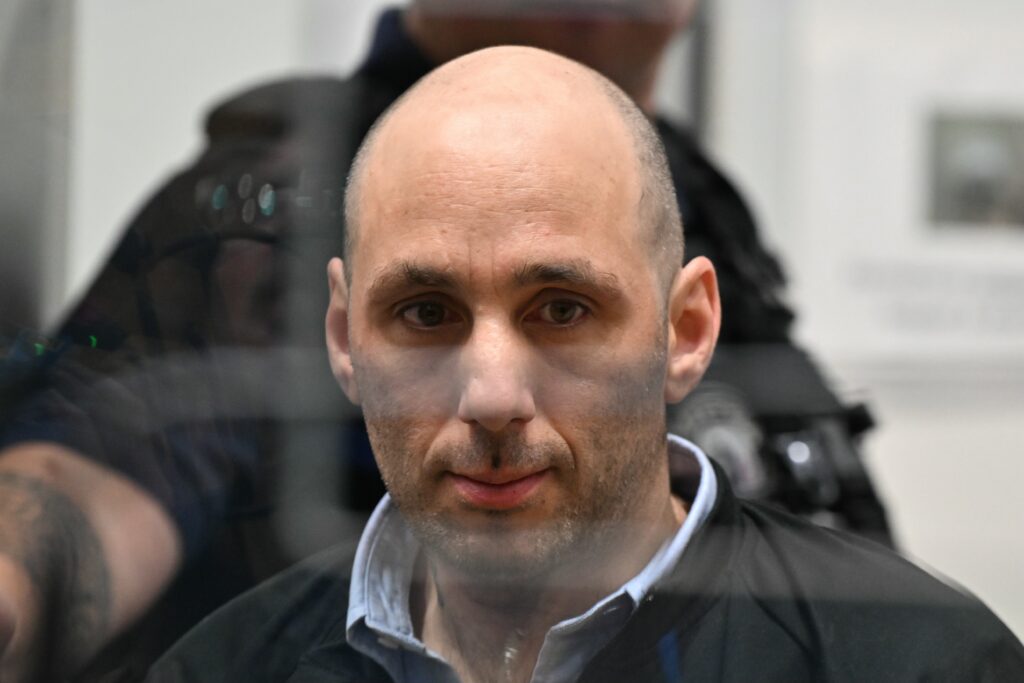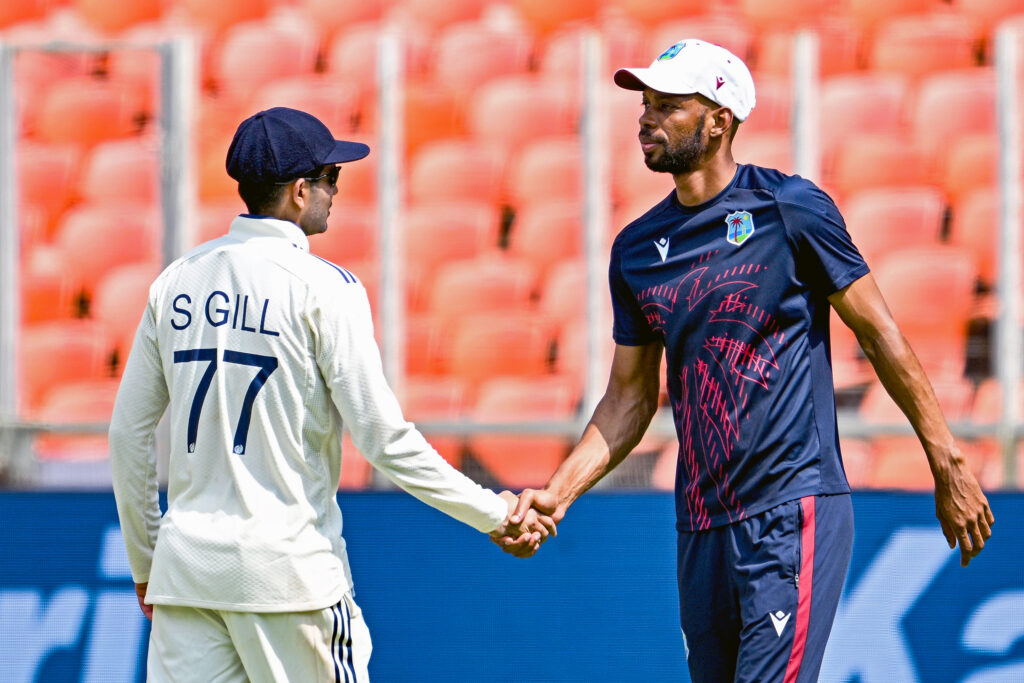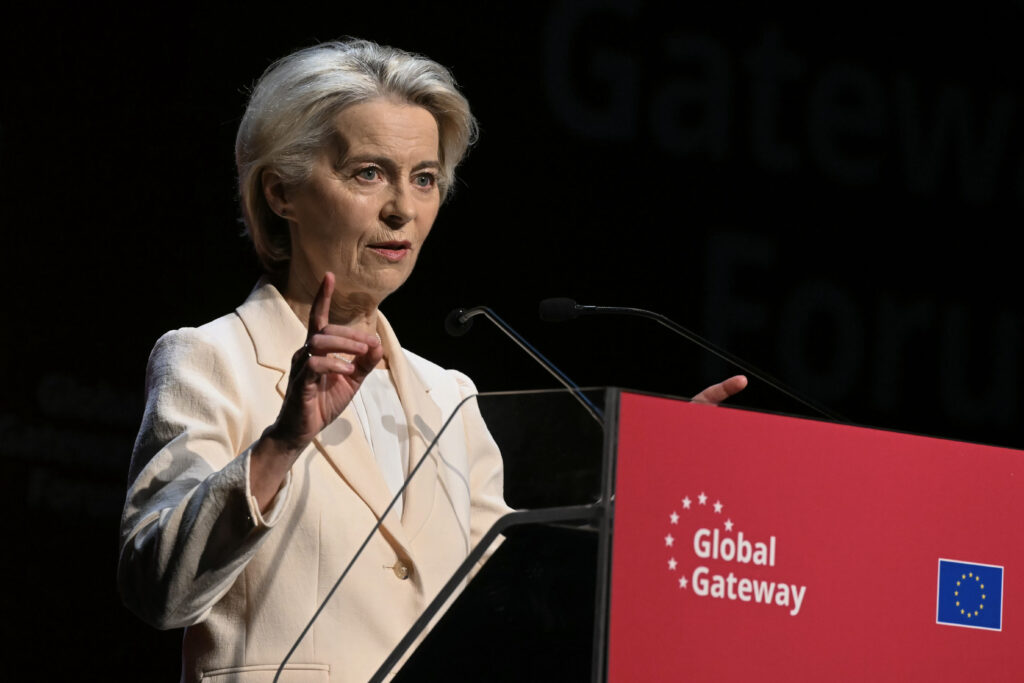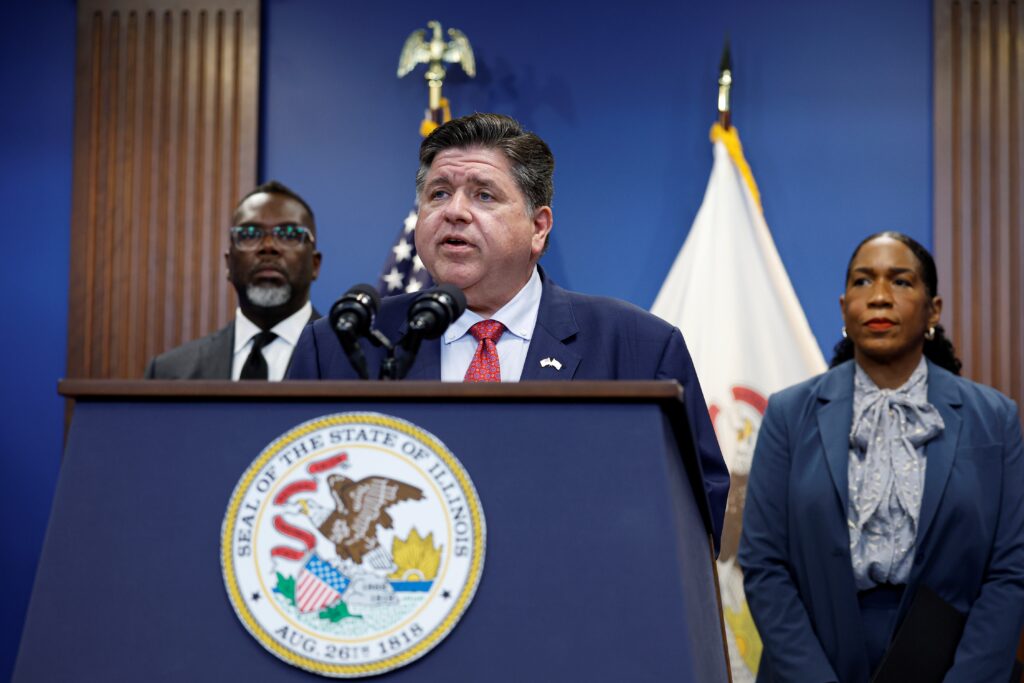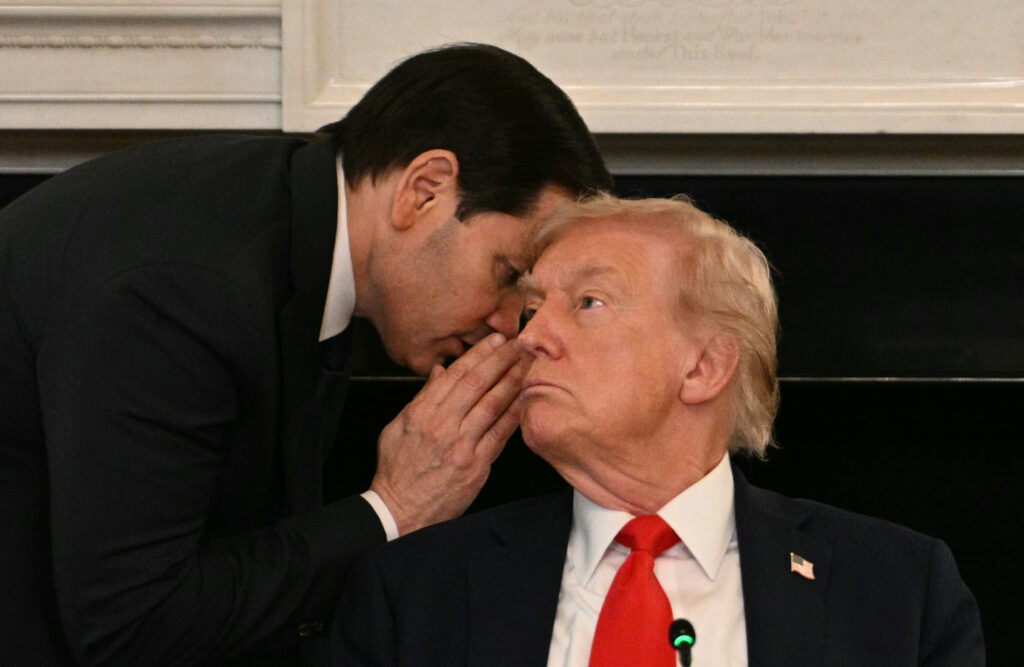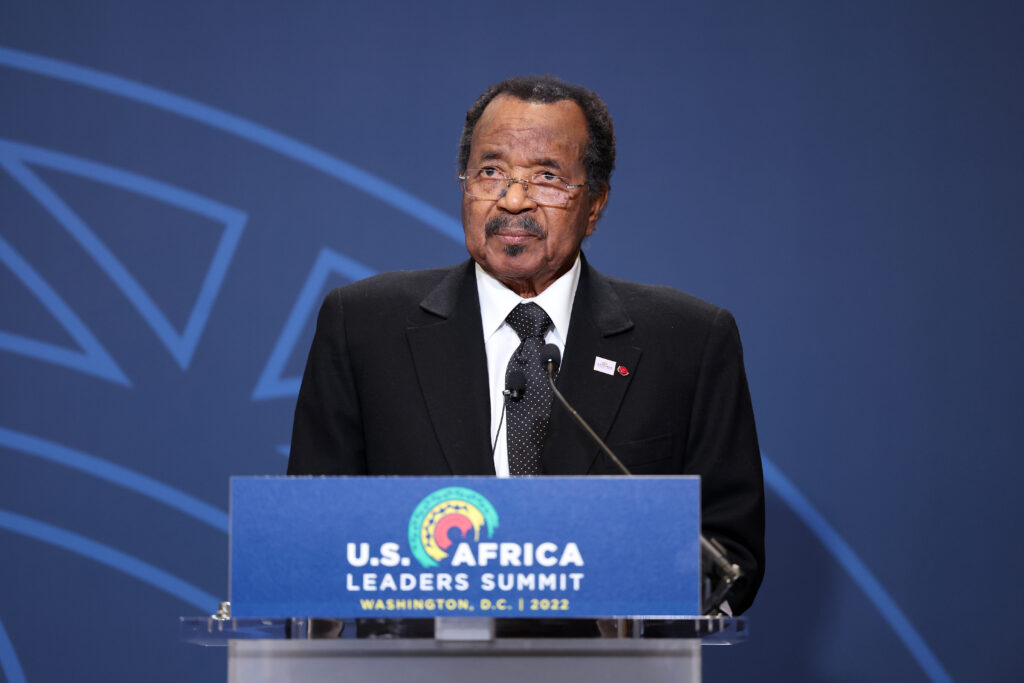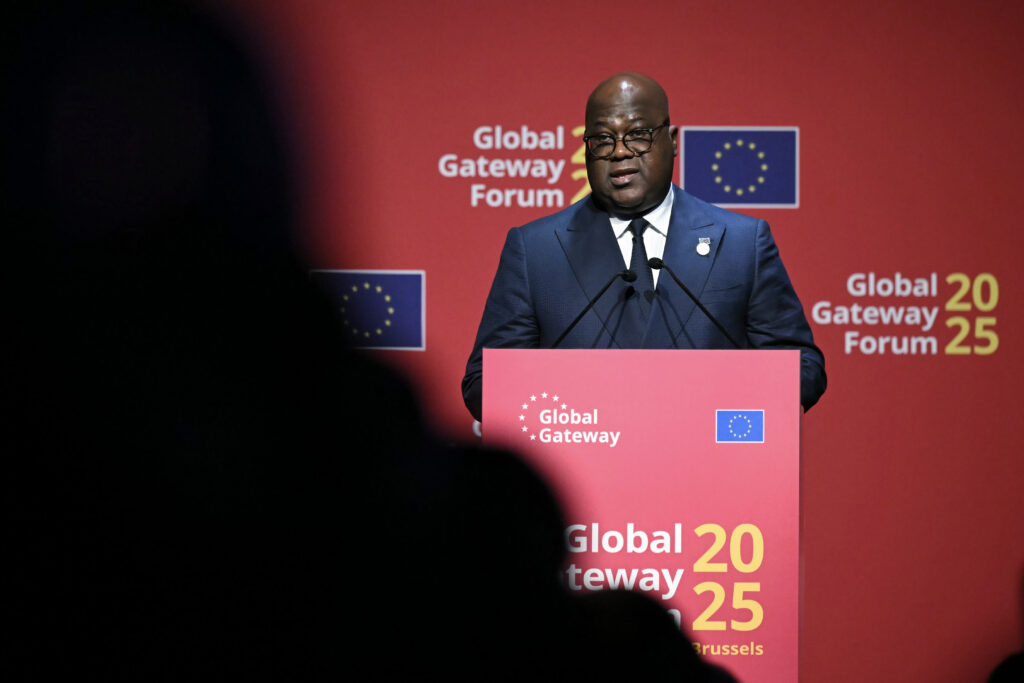Cédric Jubillar “n’avait pas le comportement de quelqu’un qui avait perdu sa femme”, affirme son ex-compagne
“Il n’avait pas le comportement de quelqu’un qui avait perdu sa femme”: entendue par la cour d’assises du Tarn, Séverine, une des ex-compagnes de Cédric Jubillar a évoqué jeudi ses “doutes” causés par l’attitude désinvolte et les mensonges de l’accusé, rencontré après la disparition de sa femme Delphine.”J’ai eu des fois des doutes parce qu’il ne cherchait pas trop sa femme non plus mais je me suis toujours dit que c’était pas lui qui avait fait du mal à Delphine”, a affirmé Séverine au 12e jour d’audience, avant que la petite amie suivante de l’accusé, dernière témoin de ce procès, ne soit entendue jeudi après-midi.Séverine, 48 ans, a rencontré le peintre-plaquiste de 38 ans en avril 2021, lors d’une battue destinée à retrouver d’éventuels indices concernant l’infirmière disparue quatre mois plus tôt dans le village de Cagnac-les-Mines, près d’Albi.Quelques jours après, “une relation s’est installée, j’étais curieuse, donc je me suis dit pourquoi pas me mettre en relation avec lui pour essayer d’en savoir un peu plus”, a-t-elle dit.- Aveux “en rigolant” -Questionnée sur les révélations que Cédric Jubillar lui aurait faites durant leur relation qui s’est étalée sur quelques semaines avant son incarcération en juin 2021, Séverine a confirmé qu’il lui avait affirmé avoir enterré le corps de son épouse “près d’une ferme qui a brûlé”: “Il le disait en rigolant”.Au long d’une longue audition souvent confuse, elle a également été interrogée sur ses échanges avec Marco, un ex-codétenu de Cédric Jubillar venu à sa rencontre à l’automne 2021, qui a témoigné mercredi, affirmant avoir également recueilli ses confidences à propos du meurtre de sa femme.Selon Marco, Cédric Jubillar lui aurait demandé de s’assurer que l’emplacement du corps de Delphine était sûr, mais également d’incriminer l’amant de son épouse pour faire réorienter l’enquête vers lui, alors que Séverine était chargée de lui fournir les noms et photos de cet amant résidant à Montauban et de sa compagne.Interrogé jeudi, Cédric Jubillar a qualifié de “blagues” ces propos et a continué, comme depuis le début de l’enquête, à nier être responsable de la disparition mystérieuse de l’infirmière. Son corps n’a jamais été retrouvé.- “Assurance-vie” et “Escobar” -Coiffée de longues dreadlocks décolorées et portant des lunettes, la Tarnaise a confirmé avoir rencontré Marco et lui avoir fourni des informations, ce qui lui avait valu d’être placée en garde à vue pour recel de cadavre avant d’être relâchée, mais a cherché à relativiser l’importance de son témoignage: “Il me disait qu’il avait braqué le cousin de Pablo Escobar…”. Avant d’accuser l’ex-prisonnier résidant désormais au Portugal: “Pour moi, c’est un indic”. Poussée à raconter son quotidien avec Cédric Jubillar à l’époque où il était en liberté, Séverine a dépeint un homme capable de “mentir en vous regardant droit dans les yeux”, parfois capable de violence avec son fils Louis, espérant récupérer “7.000 euros d’assurance-vie” après la mort de Delphine.”Il n’avait pas le comportement de quelqu’un qui avait perdu sa femme”, a-t-elle souligné, lançant: “Parfois j’ai le doute, mais je suis pas folle pour me mettre avec quelqu’un que je sais coupable”.Au moment d’évoquer une brouille survenue la veille de l’arrestation de Cédric Jubillar, elle a expliqué qu’il “était énervé, il ne voulait pas voir le dossier, parce qu’il avait peur de voir tout ce qu’on disait de lui”.”Au jour d’aujourd’hui, ce que vous savez c’est que vous ne savez rien ?”, a demandé Emmanuelle Franck, avocate de l’accusé. “Oui, je ne sais rien”, a-t-elle répondu.Jeudi après-midi, Jennifer, sa dernière petite amie, à qui Cédric aurait confié “à plusieurs reprises” cette année avoir “étranglé” sa femme, à l’intérieur de la maison du couple à Cagnac-les-Mines, sera entendue par la cour.Interrogée en juillet dernier par les enquêteurs, la jeune femme a affirmé aux gendarmes que Cédric avait même mimé sur elle le geste de l’étranglement, en lui disant: “Si tu me trompes, tu vas finir à côté d’elle”.Après les derniers témoignages entendus jeudi, l’accusé sera interrogé en longueur vendredi.
